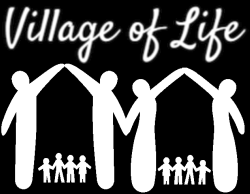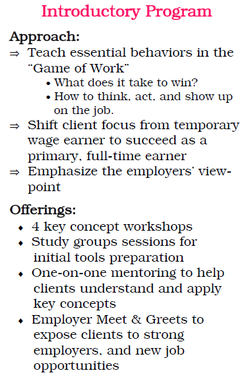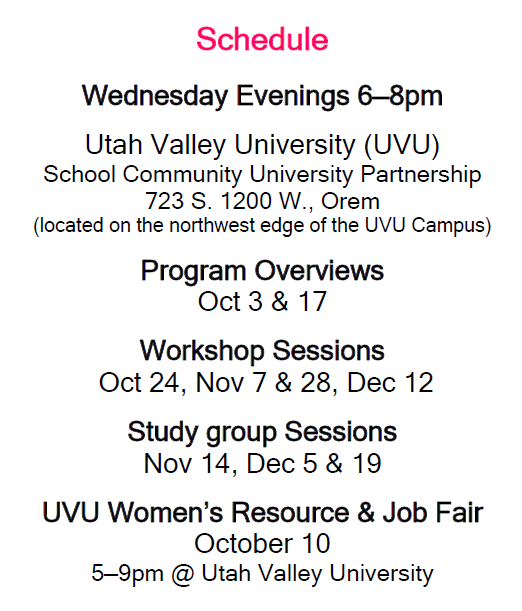A few months ago, one reader reached out to me asking for help. She said that her husband is so abusive that she lost a child a couple years ago to suicide. This loss made her open her eyes and realize that she needed to get out. So she started taking steps to do so. As she did, her husband became more controlling. He started refusing to let her hang out with friends without him. He refused to let her go grocery shopping or run any other errands. Instead he insisted on doing all the errands. At the same time, he decided it was time to get rid of their second car. He said that since she did not work, there was no reason to have two vehicles. The truth of the matter is that he did not want her to have a way to run. She began to think there was no way to win and so she stopped trying. That same month that she gave up on herself, her second child gave up on life by committing suicide. Now she has one child left and is more determined than ever to get out and spare her last child the pain that the first two suffered. The problem is, she does not know where to start.
I have contemplated this woman’s plea for help for quite some time. It has weighed heavily on my heart. I want more than anything to help this woman but I also know that until she is ready to help herself, no one else can help her. I learned this lesson the hard way when I gave a woman a safe place to live only to have her give her abuser a key to the place shortly after. Within a week, she called to inform me that the nine foot sliding glass door was broken and she had no way to secure it. I did not have to ask what had happened, I already knew. I watch the cycle repeat itself far too often.
That is the biggest problem with domestic abuse. Abusers often isolate their victims and make them feel as though there is no hope… there is no way to break free... that no one can help them. Abusers make us believe that we need them to survive. They beg for forgiveness and swear that they will change. We want so much to believe them, to have hope, that we give them second, third, and forth chances (often many more). They tell us that it is our fault that they act the way that they do… and we believe them.
As I lay in bed contemplating life this morning, I realized that an article I wrote for my company’s motivational article in the company newsletter is the thing that might help this woman more than anything else I could say to her right now. So here it is:
I have a confession to make, I am currently working in an area where I am very weak. In school, my worst subjects were spelling and English. I really struggled to pass any writing course I have ever taken. In fact, I would list writing as my weakest area of expertise. Anyone that has had the misfortune of having to review one of my books before it went to my editor can attest to that. To top it off, I only type about 45 words per minute.
Now that you know the truth about me, you might be asking yourself, “Why in the world is Michelle writing courseware for ASCENT if it is her weakest area of expertise.”
The simplest answer to that question is that I have never let something stop me from succeeding. I am the only person that can determine what I can and cannot do. If I decide that I want to do something, I just do it. If I do not have the expertise, I make sure that I gain them. Fortunately, I have been very blessed to be surrounded by a great team of people who have helped make me a better writer. Everyone from reviewers who critique my writing style, to editors that make sure I spell things correctly and use proper grammar, to managers that keep me focused and on schedule.
Many tasks take a team to get the job done. But even with the best team in the world, self-doubt can cripple the most skilled individual. So the next time you are given a task to complete that falls outside your area of expertise, do not let it stop you from completing it. Rather than tell yourself, “There is no way I can get this done.” Ask yourself, “How am I going to get this done?”
This simple question can help you in your professional life as well as your personal life. In fact, it helped me create exactly what I was looking for, for two years. I really wanted a table behind my couch that would allow me to display my military memorabilia while also acting as a stand for my lamp. After searching high and low for two years, I came to the realization that what I wanted did not exist. So, even though I have zero carpentry skills, I decided to build the table myself. Instead of giving up on my vision, I decided to create it. Here is the result. This table serves as proof that you can do anything you put your mind to.
I believe in you! You just need to believe in yourself.








 RSS Feed
RSS Feed
